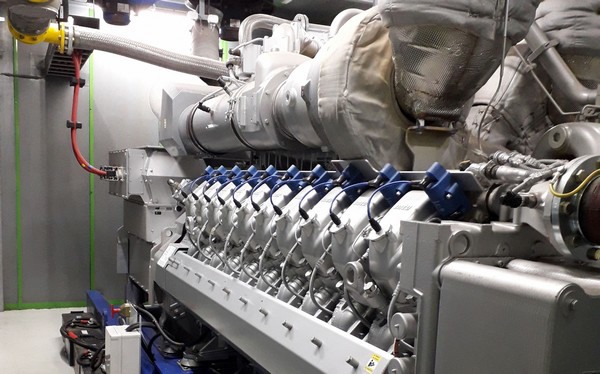Natural gas Combined Heat and Power (CHP) has long been an attractive option for sites with a combined heat, electricity, and CO2 demand. The systems combine the use of a heat engine or power station to generate electricity and useful heat at the same time. Cogeneration is a more efficient use of fuel or heat because otherwise wasted heat from electricity generation is used productively. However, with the drastic increases in both gas and electricity costs, as well as decarbonization pressures, its viability may not remain so attractive for much longer.
Throughout 2021, both day-ahead gas and electricity prices have been increasing, and recently, gas has risen at a much higher rate, causing the spark spread (the difference between the wholesale market price of electricity and the cost of production using natural gas) for CHPs to worsen.

As the decreasing spark spread reduces the viability of a CHP, greater importance is placed on using the heat, and possibly CO2 that it produces.
As we move towards a ‘Net Zero’ future, carbon ‘taxation’ in the form of UKETS (UK Emissions Trading Scheme), embedded gas costs, and other reduction systems will likely increase. Conversely, the continued decarbonization of the electricity grid will likely reduce the impact of carbon taxation on electricity prices to a point where cost and emissions both reduce together simultaneously.
While it may not make financial sense to run CHPs for electricity export throughout the day, by keeping an eye on the energy markets, lucrative electricity prices can be targeted to maximize payments. Additionally, having on-site electricity generation opens the doors to schemes such as the Capacity Market, which can provide extra value to the system. Moreover, pure CO2 remains expensive, in the region of £155/tonne, so there is value to be had in using natural gas CHP for CO2 enrichment.
A natural gas CHP can be considered a short-term solution to cover the heat, electricity, and CO2 demands on site. If a CHP system can be operated in a way that pays itself back within around a 5-year timeframe, it is probably a safe investment, but longer timeframes start to become riskier.
For more information: NFU
NFU
www.nfuonline.com
